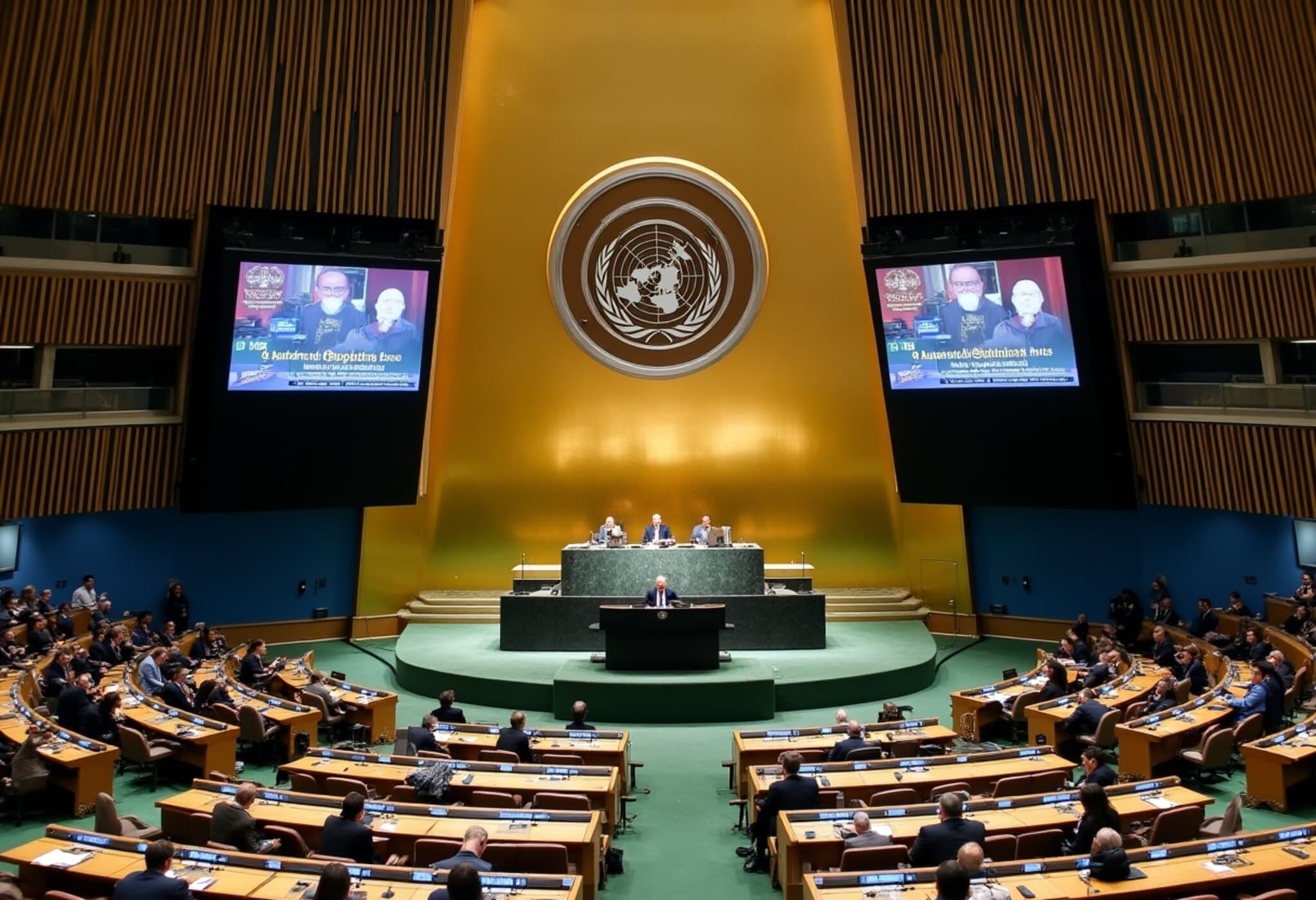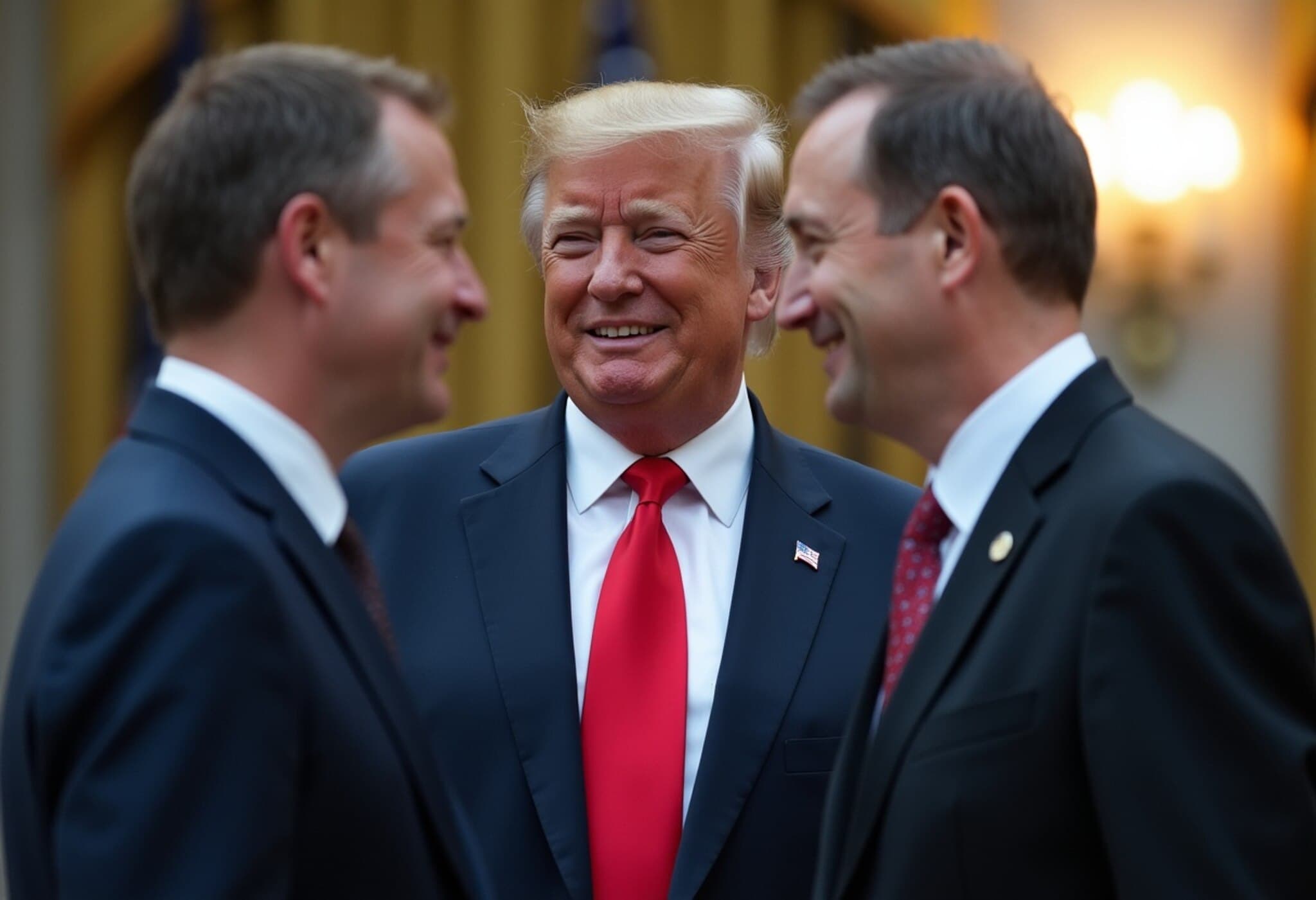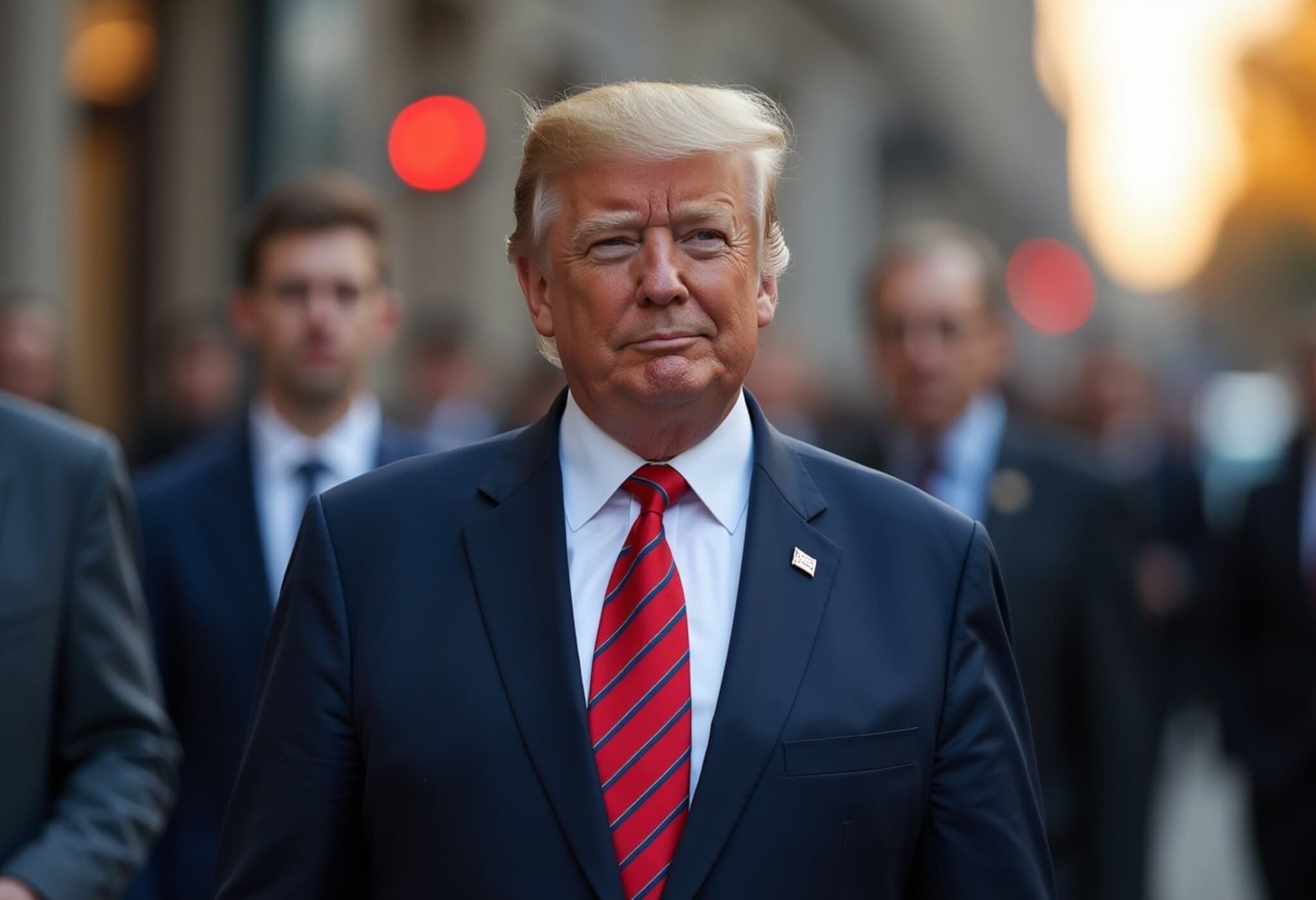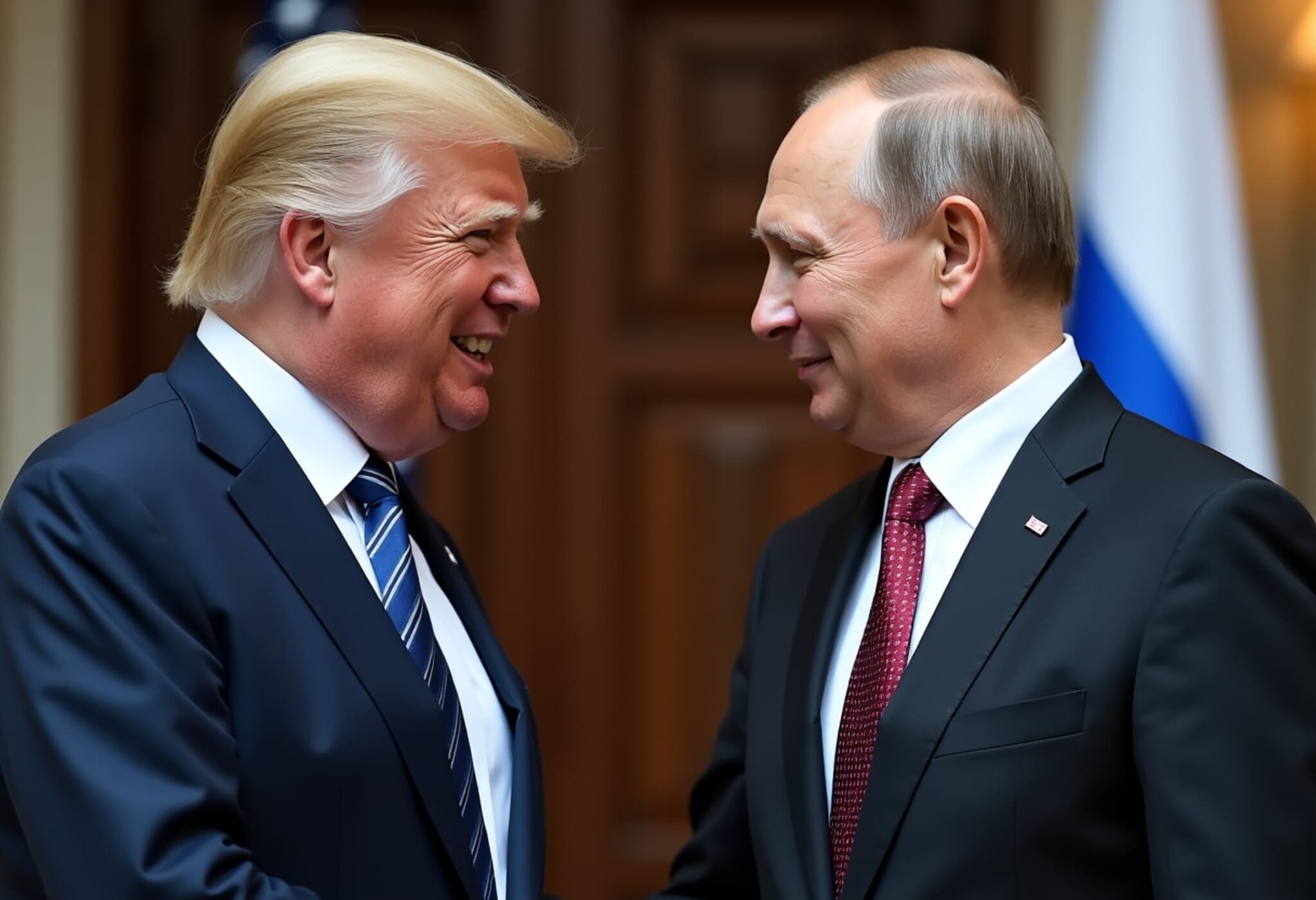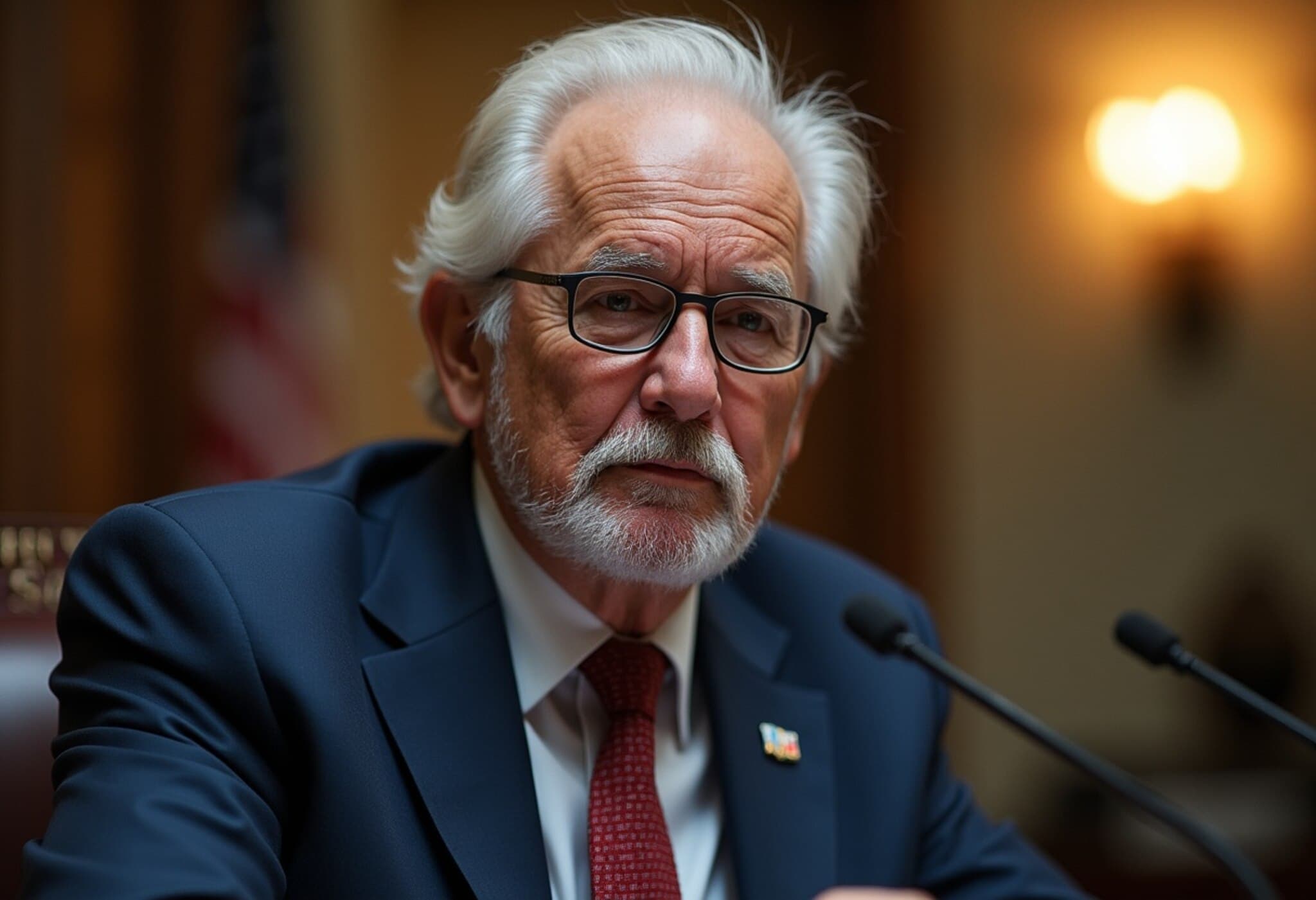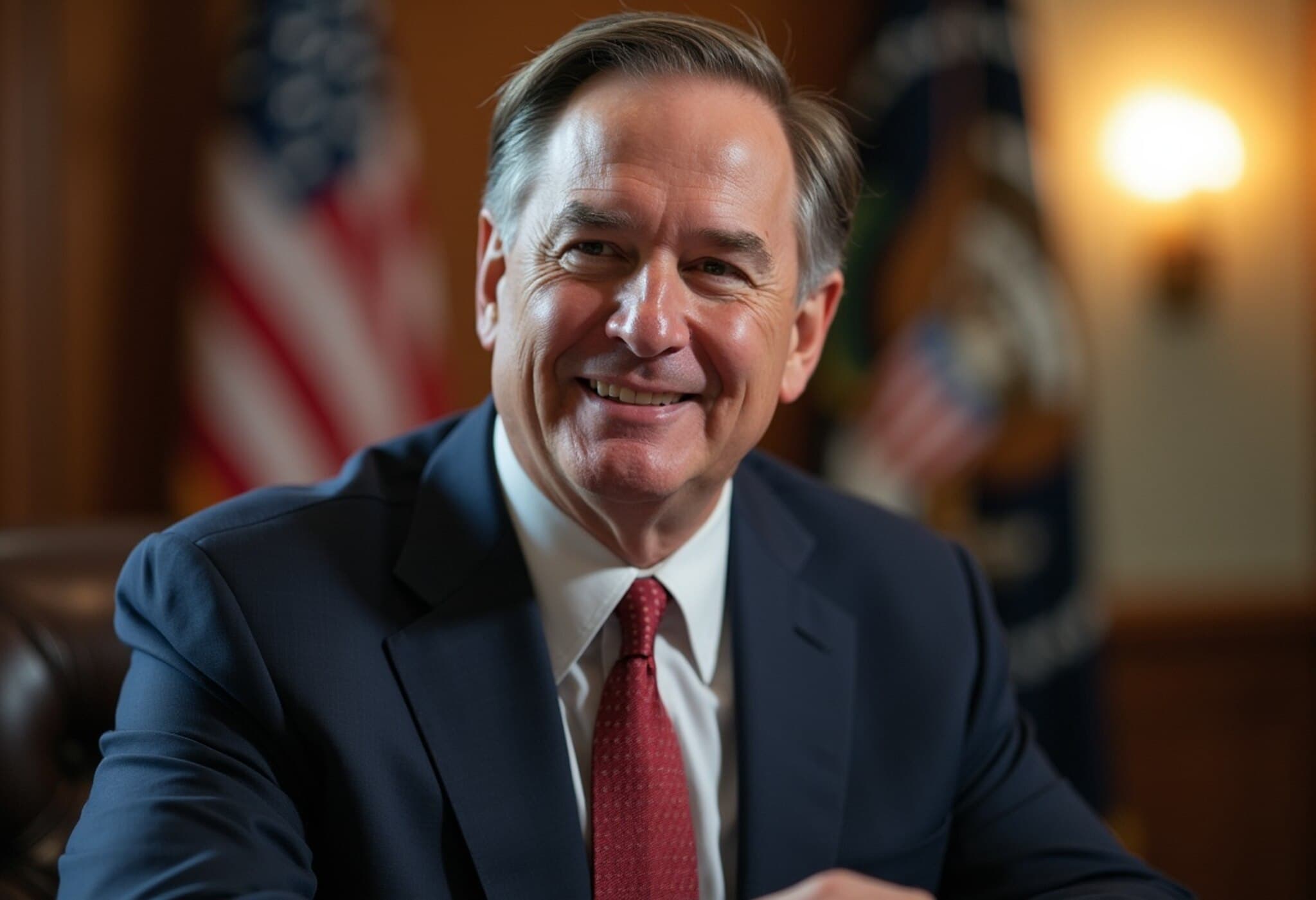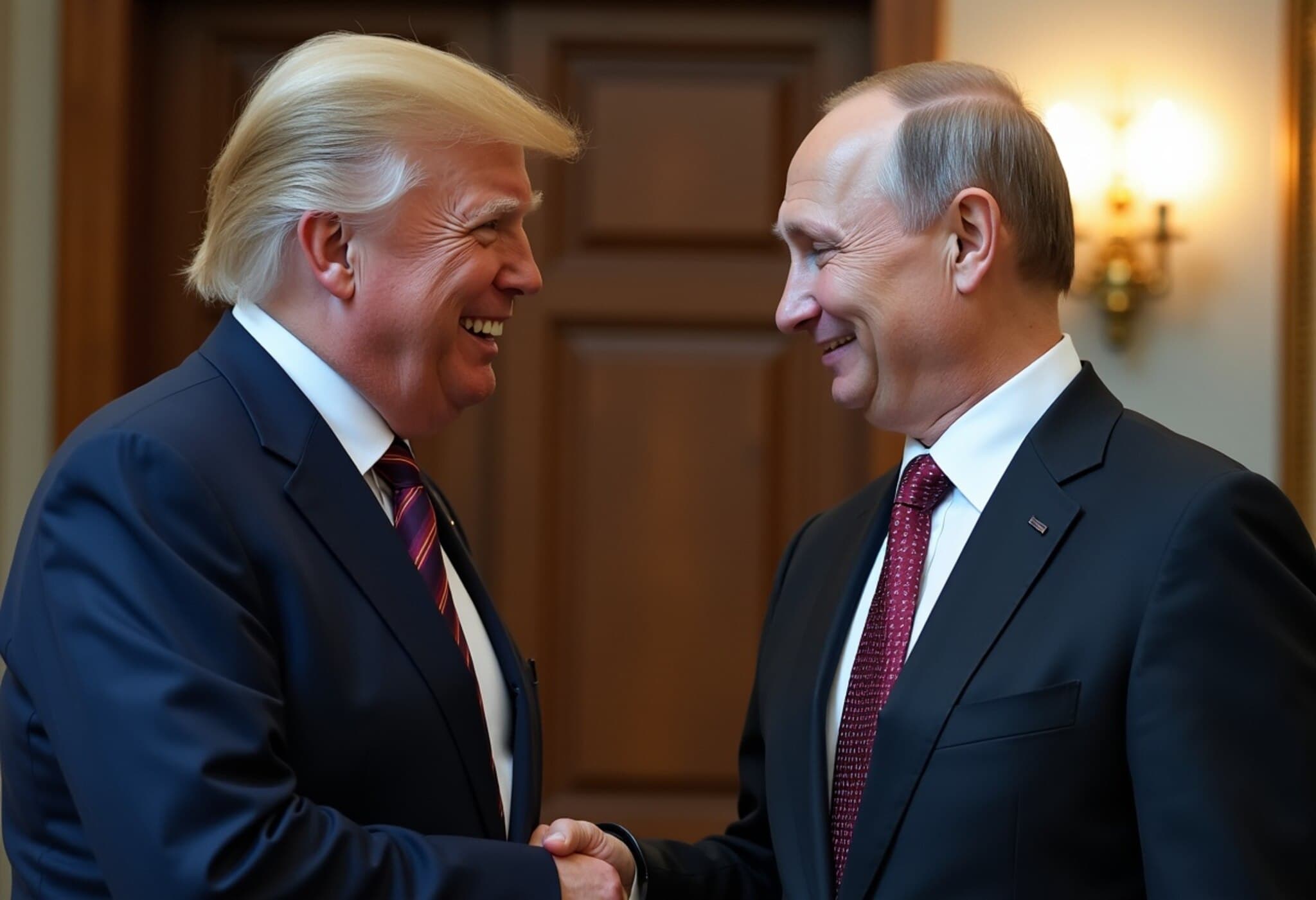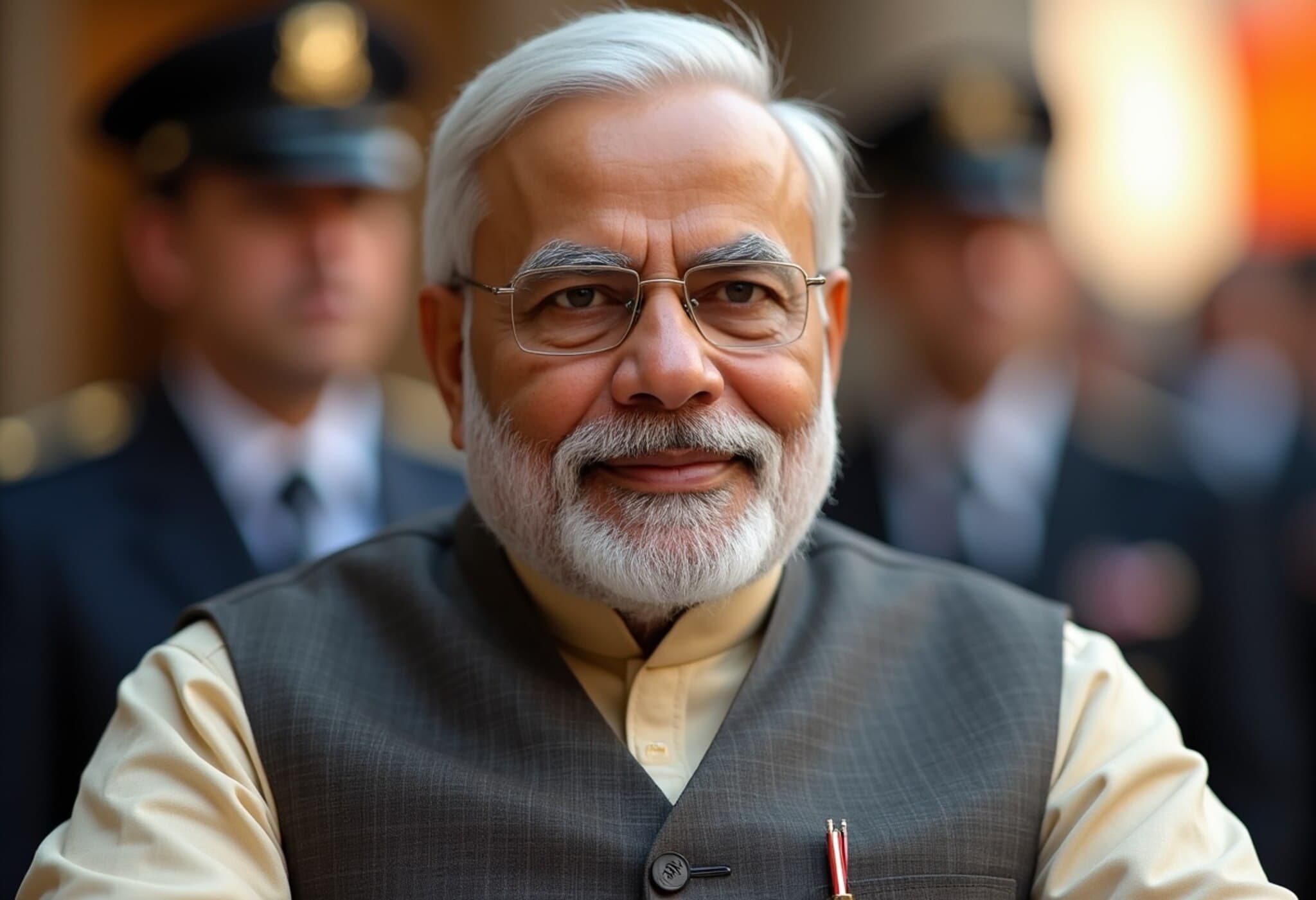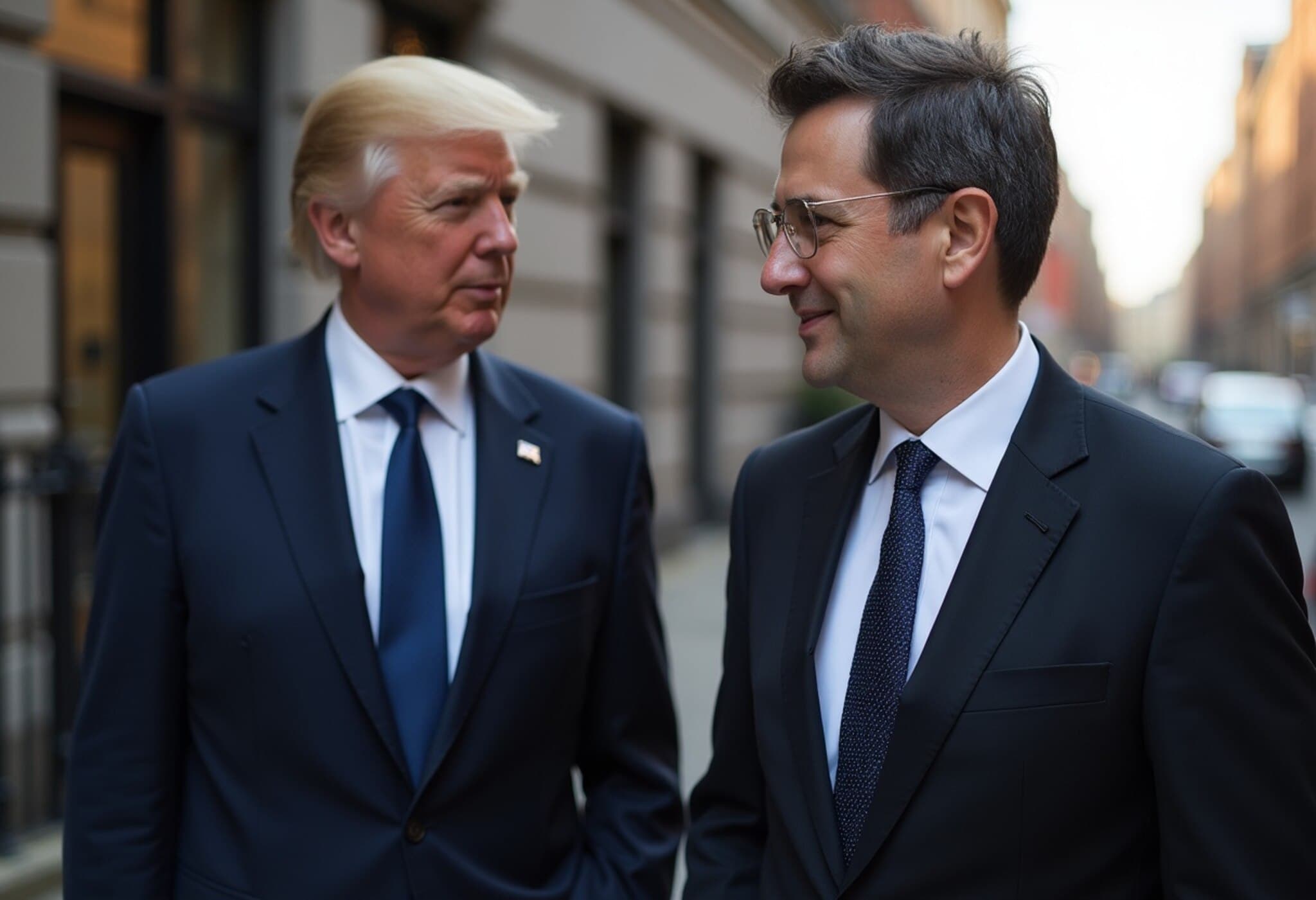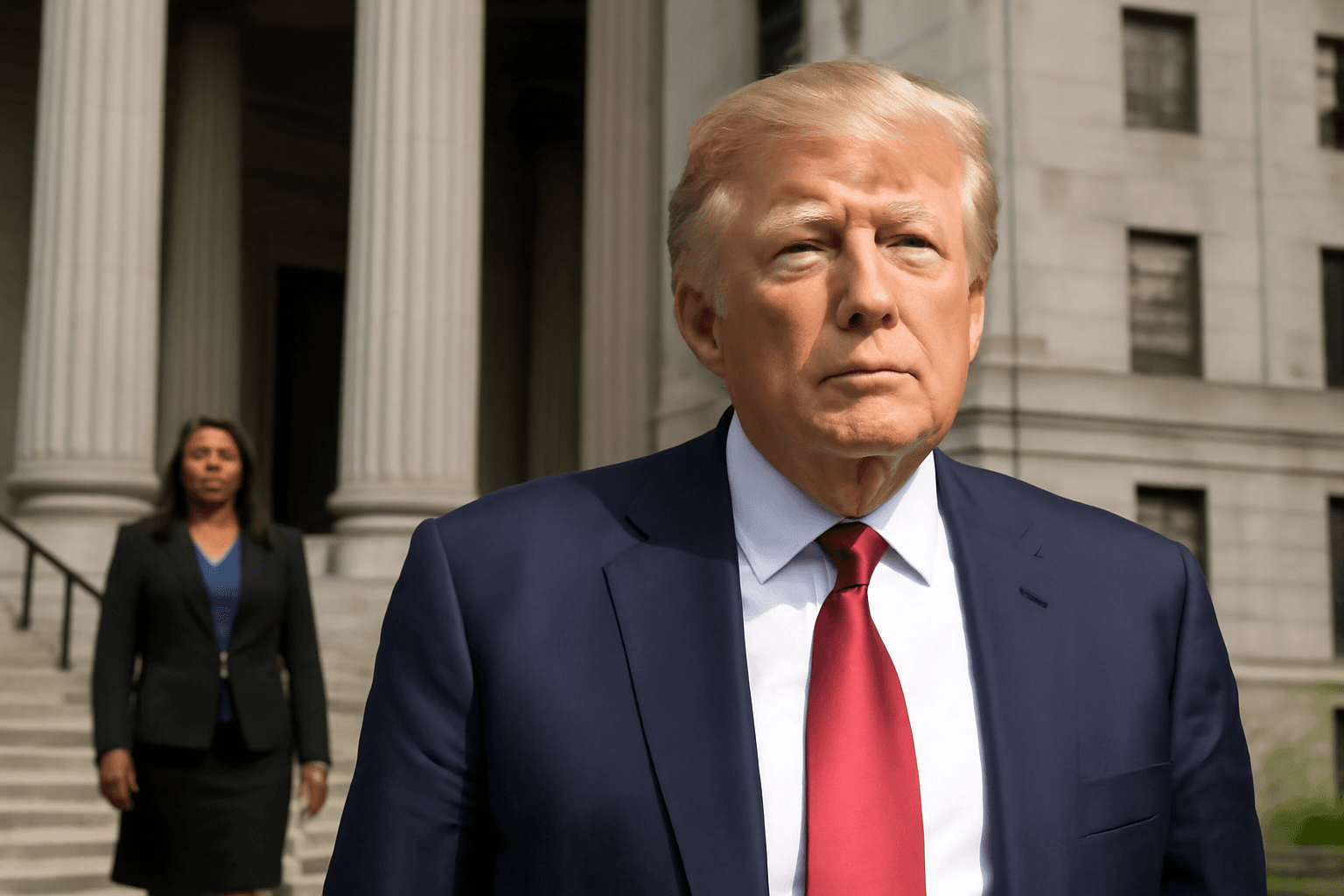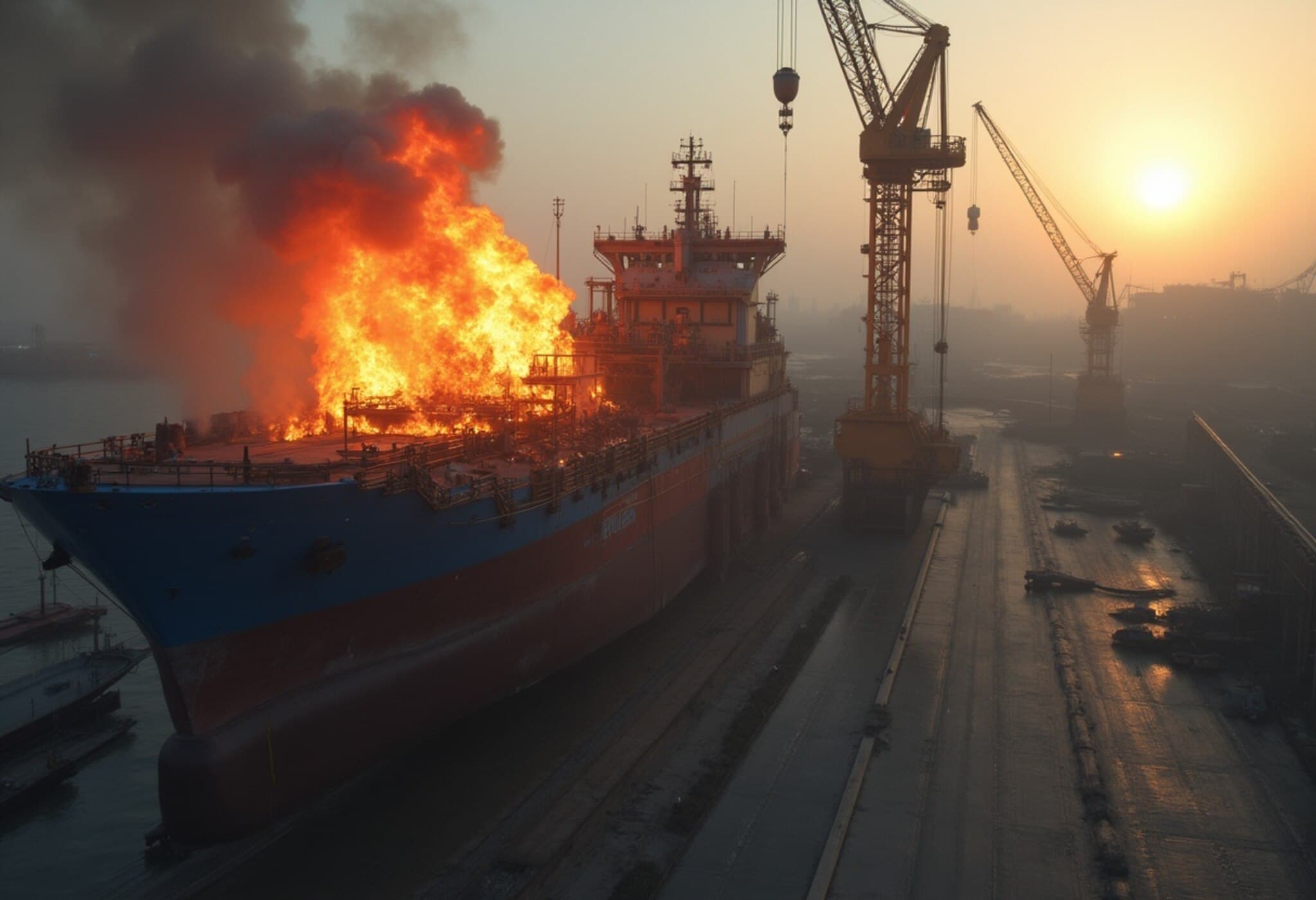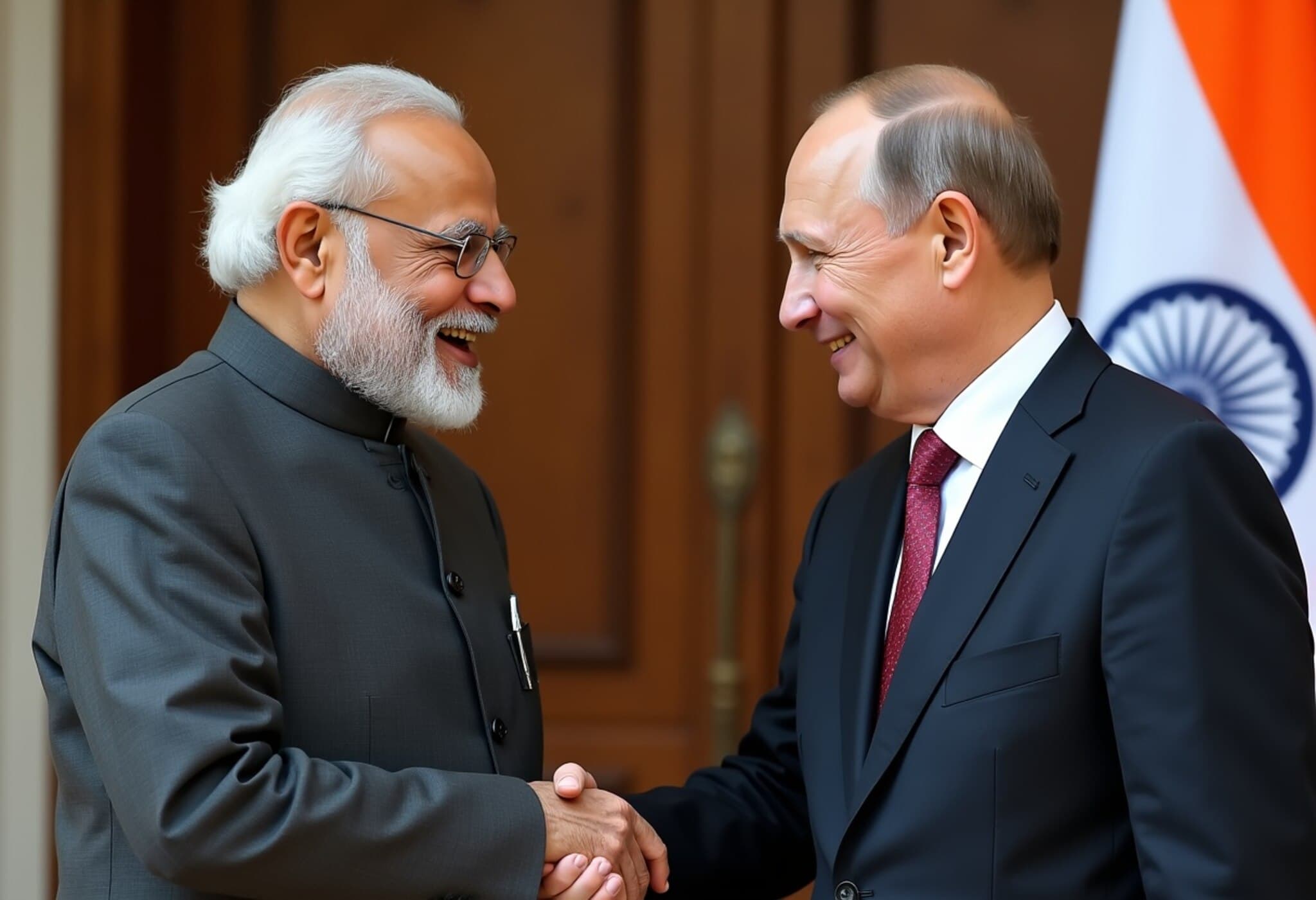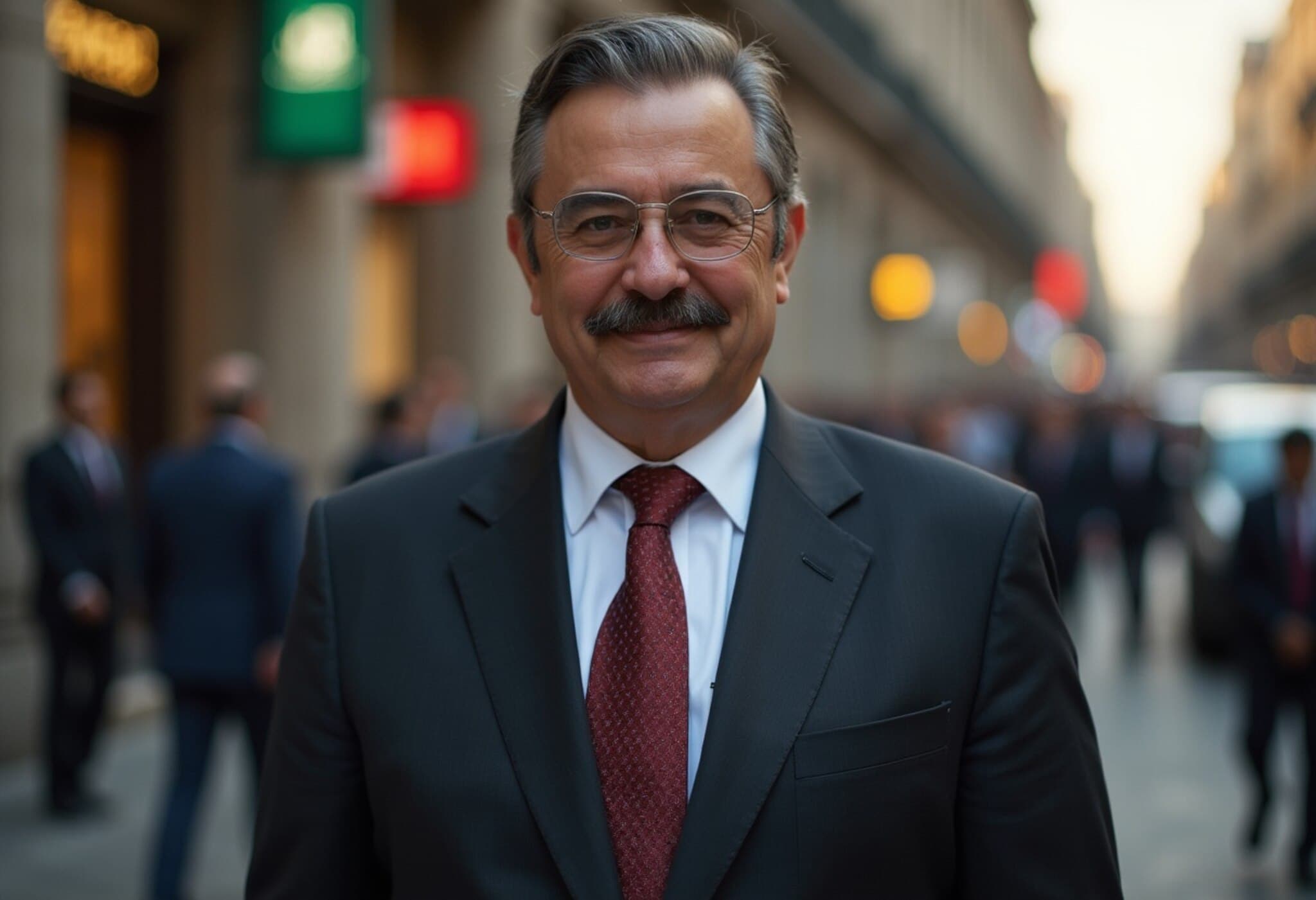Global Spotlight on the 80th U.N. General Assembly
This week marks the commencement of the high-level segment of the 80th United Nations General Assembly (UNGA) in New York City — a critical juncture where more than 140 world leaders and senior officials converge to address some of the planet’s most urgent challenges. Against a backdrop of ongoing conflicts in Ukraine, Gaza, and Sudan, compounded by the U.N.'s internal budget concerns, this year’s gathering promises to be a pivotal moment for international diplomacy and governance.
What to Expect: Key Events and Themes
The General Debate starting Tuesday serves as the centerpiece, providing each member state a platform to articulate their perspectives on pressing global issues. Yet, the Assembly encompasses a broad range of consequential sessions that merit close attention:
- Monday: Palestinian statehood will take center stage during a conference co-hosted by France and Saudi Arabia. This follows recent formal recognition of Palestinian statehood declarations by several countries, including France’s announcement. Additionally, the U.N. Security Council is slated to convene an emergency meeting addressing Russia’s recent violation of Estonian airspace by fighter jets — an incident heightening tensions within NATO and beyond.
- Tuesday: The Security Council will hold back-to-back sessions assessing escalating conflicts: one focusing on the war in Gaza and overall Middle East security at 1 p.m. ET, followed by a 4 p.m. ET meeting dedicated to the situation in Ukraine.
- Wednesday: Climate change commitments will be a significant focus, with world leaders expected to present renewed pledges and innovative solutions to the climate crisis — an ongoing, existential challenge demanding collective action.
- Thursday: Additional discussions will revolve around global economic recovery strategies, peacekeeping initiatives, and international cooperation mechanisms.
Behind the Scenes: Diplomatic Engagements and Strategic Conversations
The high-profile Assembly also serves as fertile ground for bilateral and multilateral meetings, an indispensable feature in a world that increasingly relies on diplomacy beyond formal speeches. U.N. Secretary-General António Guterres reportedly plans important talks with several heads of state, including former U.S. President Donald Trump. Notably, the Russian Foreign Minister is expected to engage with his American counterpart, a sign that despite stalled progress, diplomatic channels remain open amid the protracted war in Ukraine.
Spotlight on Key Speakers: Tuesday, Sept. 23
Tradition dictates that Brazil’s President Luiz Inácio Lula da Silva will open this year’s member state speeches. His remarks carry weight amid Brazil’s own political turmoil; recently, former President Jair Bolsonaro was sentenced to 27 years in prison for instigating a failed coup attempt. In the backdrop, former U.S. President Trump publicly urged Brazil to dismiss the charges—a call Lula has firmly resisted, underscoring Brazil’s judicial independence and asserting national sovereignty against external pressures.
Following Brazil, Donald Trump will address the Assembly on behalf of the United States. Although the precise content of his remarks remains confidential, experts anticipate he may address the conflicts in Gaza and Ukraine, both of which he has vowed to resolve in past statements. Other possible topics include U.S. immigration policy intensification and the contentious tariffs the administration has imposed to protect American manufacturing sectors—policies that have elicited concern among trading partners worldwide.
The Assembly will also hear from prominent regional leaders, including Turkey’s President Recep Tayyip Erdogan, and heads of state from Jordan, Qatar, and Egypt. Recent events have spotlighted the volatile nature of Middle Eastern geopolitics—Israel’s airstrike against Hamas officials in Qatar earlier this month remains a contentious issue, sparking international debate and condemnation from various factions.
Contextualizing the 2025 Assembly: Why It Matters
At a time when multilateralism faces unprecedented challenges, the 80th UNGA stands as a testament to the enduring necessity of global dialogue. Analysts suggest the Assembly’s outcomes could influence international legal norms, reshape alliances, and potentially recalibrate responses to humanitarian crises. The pressing budget shortfall within the UN Secretariat further complicates the organization's capacity to act decisively, prompting calls for reforms and renewed financial commitments from member states.
Moreover, the Assembly brings to light underreported but critical narratives—such as smaller nations’ voices seeking equity in international decision-making, the intertwined nature of security and climate crises, and the growing influence of emerging economies in shaping global governance.
Editor’s Note
As world leaders gather to reimagine diplomacy amid turbulence, the 80th U.N. General Assembly offers more than ceremonial speeches — it is a crucible for ideas, alliances, and strategies that will shape the years ahead. Readers should watch closely not only the headline speeches but also the diplomatic undercurrents and lesser-known discussions that underscore the complexity of global governance today. How will the UN address simultaneous conflicts while managing internal constraints? Will emerging powers reshape the international order? These are questions our global community cannot afford to overlook.

